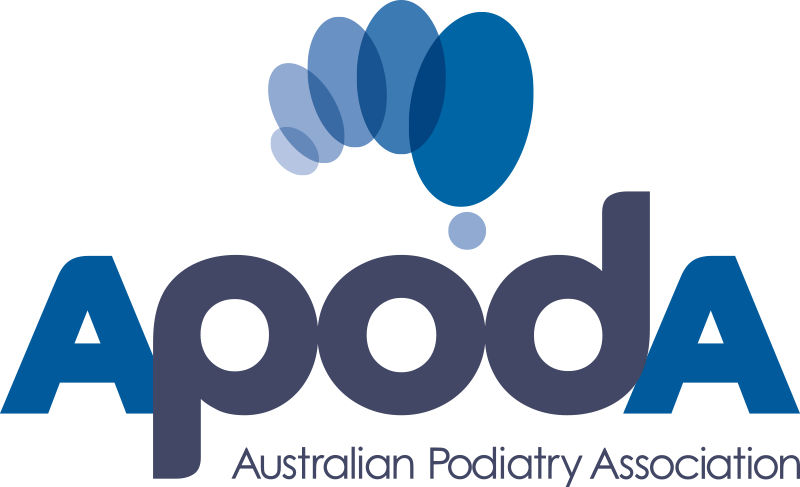Allied healthcare experienced a recent advocacy win when the Stronger Rural Health Strategy (SRHS) injected 1.87 million into NSW’s Charles Sturt University as part of the wider Coalition Government’s Rural Health Multidisciplinary Training (RHMT) program. Here’s what this move tentatively suggests, not only for NSW-based podiatrists, but for rural and regional podiatrists across Australia.
The SRHS strategy, which is behind the recent funding announcement, began in 2018-19. It is set to run across 10 years with the goal being to ‘build a sustainable, high-quality health workforce across the country and according to community need’. Consisting of three themes (to ‘teach’, ‘train’ and to ‘recruit and train’), the SRHS hosts a range of initiatives to help rural and remote communities and other areas that experience difficulty attracting doctors, nurses and other allied health professionals. You can read more about these initiatives here.
However, the SRHS is facing widespread criticism, highlighted most recently in this exclusive news report. To that end, the APodA does not unquestioningly adopt blanket support for all related rural workforce strategies, particularly regarding the Workforce Incentive Program (WIP). In an attempt to improve access to allied health in regional, rural and remote areas, the WIP incentivises medical practises to employ allied health providers. This is a model that not only undermines small, local podiatry businesses, but it also offers preferential referral pathways and lacks appropriate clinical governance.
That said, the focus on building rural workforce capacity and capability is one we want to get behind, and this funding boost certainly offers good news for the affected areas.
The impact on podiatry
So what does this latest funding injection mean for podiatrists in these immediate areas? Federal Member for Riverina Michael McCormack has the following to say:
“…Through the additional local training and placement opportunities, students across a range of allied health disciplines – including physiotherapy, occupational therapy, social work, exercise physiology, speech pathology and podiatry – will have exposure to the delivery of rural health care.”
More information on the impact it holds is also available here.
National relevance for all podiatrists
While a looming election has certainly expedited this latest funding round, we are pleased to see such progress being made. Importantly for all APodA members across Australia, this funding round holds national relevance as it offers clear recognition of growing evidence on the link between rural and regional based study and the likelihood of those students committing to live in the area once qualified.
In fact, as part of this latest funding announcement, Federal Regional Health Minister, Dr David Gillespie discussed this increasing evidence before reflecting on his own experience.
“They soon realise, like I did, that working in regional communities provides a tremendous opportunity to really make a difference in health outcomes and enjoy a satisfying career in the bush,” he said.
Federal Chief Allied Health Officer, Anne-Marie Boxall, has also nominated rural and remote workforce as a key priority area and allied health workforce planning, especially in rural and remote areas, is high on the agenda.


